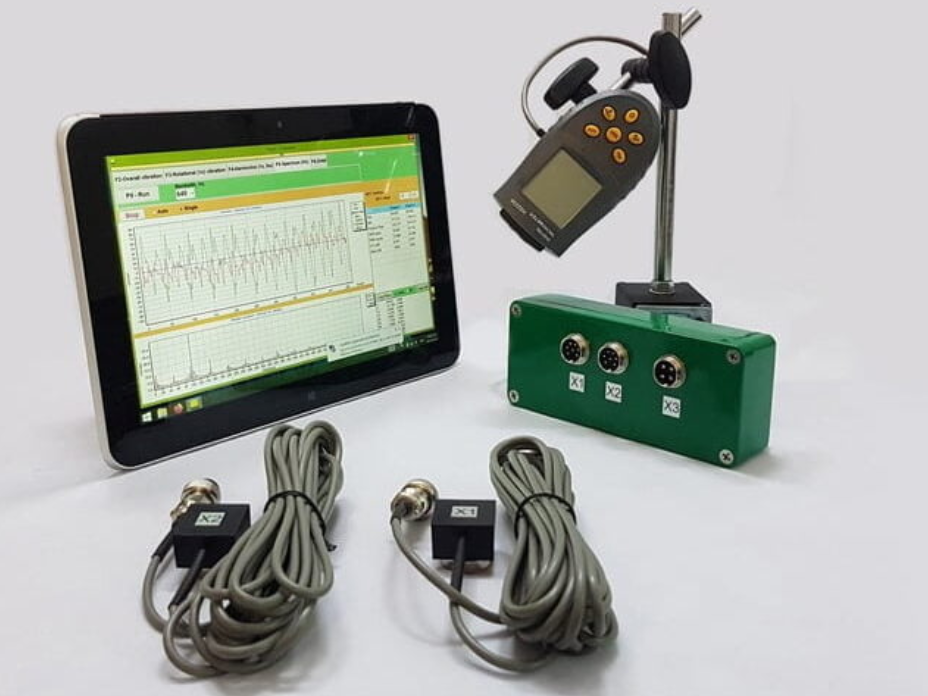UK and US private sector growth hit by Delta variant and shortages – as it happened | Business
That’s all for today – here’s the main stories:
Growth across the UK economy has hit a six-month low, as supply problems and staff shortages hold back the recovery.
Service sector firms and manufacturers reported that problems hiring staff or obtaining raw materials worsened in August, according to the closely watched PMI survey.
My colleague Richard Partington explains:
Britain’s economic recovery from lockdown has slowed sharply in the past month despite the removal of most remaining pandemic restrictions, as businesses suffered the worst shortages of workers and materials in decades.
The latest snapshot from IHS Markit and the Chartered Institute of Procurement and Supply (Cips) showed that growth in private sector output slowed to a six-month low in August.
Problems with hiring workers and shortages of materials were 14 times higher than usual, and the worst since the survey of business activity began in January 1998.
A separate survey from the CBI found that factory shortages are at record levels (since 1977), with plastics and electronic components in particularly short supply.
Our economics editor Larry Elliott warns that conditions could worsen:
It is a classic double whammy. On the one hand, businesses are being forced to pay higher wages to plug labour shortages. On the other, demand is starting to ease. The economy will continue to grow at a fair lick in the third quarter of 2021 but at a much less rapid pace than the 4.8% seen in the second quarter.
That double whammy could easily become a triple whammy if the economy struggles to cope with the withdrawal of government support. Rishi Sunak has no intention of scrapping his plan to wind up the furlough scheme next month and sees no reason why he should, given record job vacancies.
But it is easy enough to envisage a scenario in which consumers decide eating out or a visit to the cinema is not worth the risk, especially with firms jacking up their prices to cover higher wage costs. Britain’s bout of mini-stagflation will probably get worse before it gets better.
Desperate UK food manufacturers are pleading with the government to be able to call upon prisoners to solve the labour crisis:
Britain isn’t alone, though.
Growth at US companies has hit an eight month low, with firms blaming material shortages, difficulties hiring new staff and the spread of the Delta variant.
The news lifted the US markets, and kept the dollar weaker, as concerns that the US Federal Reserve could start tapering its stimulus programme soon eased.
The pandemic also hit growth in Asia-Pacific markets, with Australia and Japan both suffering private sector contractions as lockdowns hurt businesses, but the eurozone is enjoying a stronger month.
And the Bundesbank warned that growth could be weaker than hoped, if the Delta variant forces new restrictions this autumn.
In other news….
Sainsbury’s shares surged 15% to their highest level in more than seven years, after reports over the weekend that the supermarket chain could be the latest UK company to receive a buyout bid from a private equity firm.
A new report has found that gambling venues are concentrated in the most deprived areas of Britain, against the wishes of people who live nearby:
Pfizer is acquiring cancer drugmaker Trillium Therapeutics, which is developing treatments to help the immune system identify tumour cells.
The owner of Liberty Steel is in talks with the US lender White Oak Global Advisors over a refinancing deal that could help end months of stop-start operations at UK steel plants.
The gender pay gap on UK company boards remains far too wide, with average pay for FTSE 100 female directors stands at just £237,000 – barely a quarter of the £875,900 paid to their male counterparts:
Stephen Hester, the former boss of Royal Bank of Scotland, will become the chairman of easyJet at the end of the year, to help steer the budget airline out of the pandemic.
Shaftesbury, the central London landlord that owns parts of Chinatown, Soho and Covent Garden, has reported a pickup in visits by Londoners and domestic tourists.
PayPal is to allow users in the UK to buy, hold and sell cryptocurrencies through the payment platform for the first time.
European stock markets have closed higher, while Wall Street is hitting fresh peaks:
Investing.com
(@Investingcom)⚠️BREAKING:
*S&P 500 RISES TO NEW RECORD, APPROACHING 4,500-LEVEL ? pic.twitter.com/aBPfA5VRB4
Goodnight. GW








